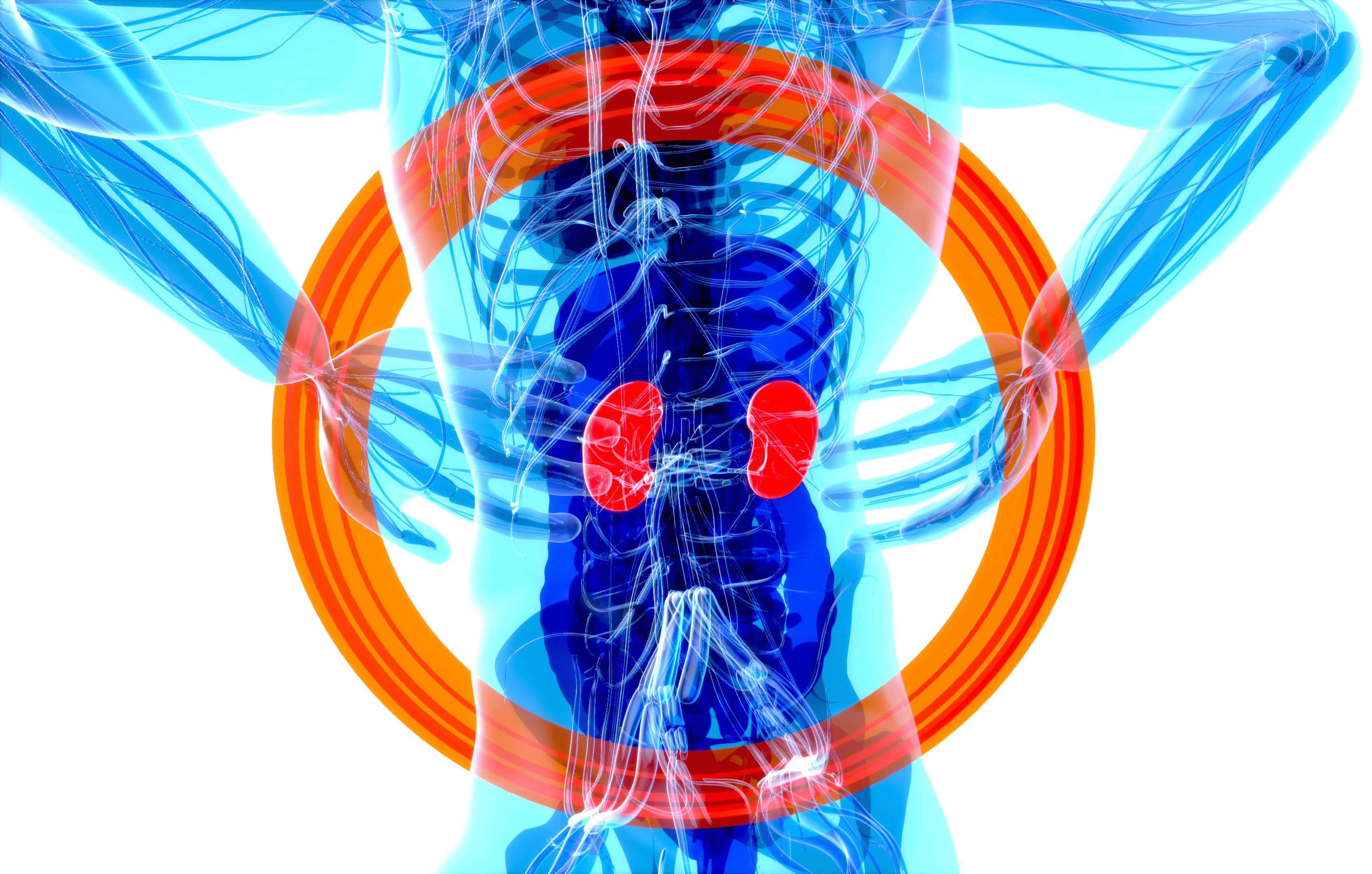
Are you experiencing unexplained symptoms like fatigue, nausea, or frequent urination? You might be surprised to learn that these could be signs of protein poisoning. This often-overlooked condition occurs when you consume too much protein, overwhelming your body’s ability to process it effectively. But what exactly causes protein poisoning, and how can you recognise its warning signs?
In this article, we’ll delve into the common symptoms, causes, and effects of protein poisoning. We’ll also explore how much protein is too much, and provide insights on possible treatments and preventive measures.
What Causes Protein Poisoning?

Consuming too much protein can lead to protein poisoning symptoms. When you overload your body with excessive protein intake, it overwhelms your body’s ability to process and metabolize it effectively. This imbalance puts a strain on your digestive system and metabolism, resulting in various undesirable symptoms.
One of the common causes of protein poisoning is consuming an excessive amount of protein in one sitting. This could happen if you have a protein-rich meal or if you rely heavily on protein supplements such as shakes or bars. Following a high-protein diet without proper balancing of other essential nutrients can also contribute to protein poisoning.
It’s important to note that protein poisoning symptoms may vary from person to person. Some people may experience fatigue, while others may suffer from nausea or frequent urination. In severe cases, protein poisoning can even lead to kidney problems.
To prevent protein poisoning, it’s essential to maintain a balanced and varied diet. Make sure to consult with a healthcare professional or nutritionist to determine the right amount of protein intake for your body. Keep an eye out for any unusual symptoms and don’t hesitate to seek medical attention if needed.
Protein Intake?
Knowing how much protein is too much protein is crucial in order to prevent protein poisoning symptoms. While protein is an important macronutrient for our bodies, consuming excessive amounts can have negative effects on our health and well-being. The key is to find the right balance.
Most adults need around 0.75g of protein per kilo of body weight per day or 10-35% of their daily calorie intake from protein. (for the average woman, this is 45g, or 55g for men). That’s about two portions of meat, fish, nuts or tofu per day.
This can vary depending on factors such as age, gender, activity level, and overall health. However, exceeding this recommended range can overload your body’s ability to process and metabolize protein effectively, leading to protein poisoning symptoms.
Remember, balance is key. Don’t let protein intake become excessive and put your health at risk.
High Protein Diets

High protein diets typically involve increasing protein intake while maintaining or adjusting the intake of other macronutrients like carbohydrates and fats.
Atkins Diet: The Atkins diet is a low-carbohydrate, high-protein diet that aims to shift the body’s metabolism from burning carbohydrates to burning stored fat. It consists of four phases, with the initial phase being the most restrictive in terms of carbohydrate intake. Protein sources commonly consumed on the Atkins diet include lean meats, fish, eggs, and dairy products.
Paleo Diet: The Paleo diet, also known as the caveman diet or ancestral diet, is based on the idea of eating foods that our hunter-gatherer ancestors would have consumed. It focuses on whole, unprocessed foods and eliminates grains, legumes, and dairy products. Protein sources in the Paleo diet include lean meats, fish, poultry, eggs, nuts, and seeds.
Carnivore Diet: The carnivore diet is an extremely restrictive eating approach that involves consuming only animal products while eliminating all plant-based foods. Followers of this diet believe in the ancestral consumption of animal foods and claim various health benefits. However, it’s important to note that the carnivore diet lacks essential nutrients found in plant-based foods and may pose long-term health risks.
Diets such as these when consumed without proper balance and moderation, can potentially lead to protein poisoning. So it is crucial to maintain a balanced approach to protein consumption and consult a healthcare professional or registered dietitian to ensure optimal nutrition and prevent the risks associated with protein poisoning.
What Are The Symptoms Of Protein Poisoning?

Protein poisoning symptoms can often be confusing and easily overlooked. However, it is crucial to pay attention to any unexplained signs that your body may be giving you. Fatigue, nausea, and frequent urination are some of the common symptoms that may indicate protein poisoning.
When you consume an excessive amount of protein, your body can become overwhelmed and struggle to process it effectively. This overload can lead to various symptoms that can negatively impact your overall well-being.
It is important to recognize these warning signs early on to prevent further complications. By understanding the symptoms of protein poisoning, you can take the necessary steps to seek proper treatment and make changes to your diet and lifestyle.
Don’t ignore any unusual symptoms that your body may be experiencing. Educate yourself about protein poisoning symptoms and stay informed to protect your health and well-being.
Possible Ways to Treat Protein Poisoning

To effectively treat protein poisoning, it is crucial to address the underlying cause and restore balance to your body. Here are several possible ways to alleviate protein poisoning symptoms:
Reduce Protein Intake: Gradually decrease your protein consumption to a level that is appropriate for your body’s needs. Consult with a healthcare professional or nutritionist to determine the ideal amount of protein intake for you.
Increase Hydration: Drinking plenty of water can help flush out excess protein from your system and support kidney function. Ensure that you stay adequately hydrated throughout the day.
Opt for Balanced Meals: Focus on maintaining a balanced diet that includes a variety of nutrients from different food sources. Incorporate carbohydrates, healthy fats, and a proper amount of protein to promote overall well-being.
Rest and Recover: Allow your body to rest and recover by getting sufficient sleep and engaging in relaxation techniques to reduce the strain on your organs.
Seek Medical Guidance: If symptoms persist or worsen, it is essential to seek professional medical guidance. A healthcare provider can assess your condition, provide appropriate treatment, and monitor your progress.
Remember, your health is a priority. By addressing protein poisoning symptoms promptly and making necessary changes to your lifestyle, you can regain balance and protect your overall well-being.
Others Effects
In addition to the warning signs mentioned earlier, protein poisoning symptoms can have other detrimental effects on your body. One of the major concerns is the impact it can have on your digestive system. Excessive protein consumption can overwhelm your digestive enzymes and cause discomfort, bloating, and even constipation. This can disrupt your digestive process and hinder nutrient absorption, leading to further health complications.
Moreover, protein poisoning can also have negative effects on your cardiovascular system. High protein intake has been associated with an increased risk of heart disease and elevated cholesterol levels. The excess protein can put stress on your blood vessels and lead to inflammation, which can ultimately contribute to cardiovascular problems.
Furthermore, protein poisoning can also affect your mental well-being. Some studies have shown a link between excessive protein consumption and an increased risk of mood disorders such as anxiety and depression. This may be due to an imbalance in neurotransmitters caused by the overload of protein in the body.
It’s important to be mindful of these other effects of protein poisoning and seek professional guidance to ensure you maintain a balanced and healthy diet.
To sum it all up…
Experiencing the symptoms of protein poisoning can be a frightening and uncomfortable ordeal. From digestive issues to kidney problems, the effects are not to be taken lightly. It is crucial to be aware of the warning signs of excess protein consumption or protein poisoning, as prevention is always better than cure.
Finding the right balance of protein intake is key, as too much of a good thing can become harmful. However, there is hope for recovery and prevention. By seeking professional guidance, adjusting your diet, and paying attention to your body’s signals, you can treat and even prevent protein poisoning, ensuring a healthier and happier future.

